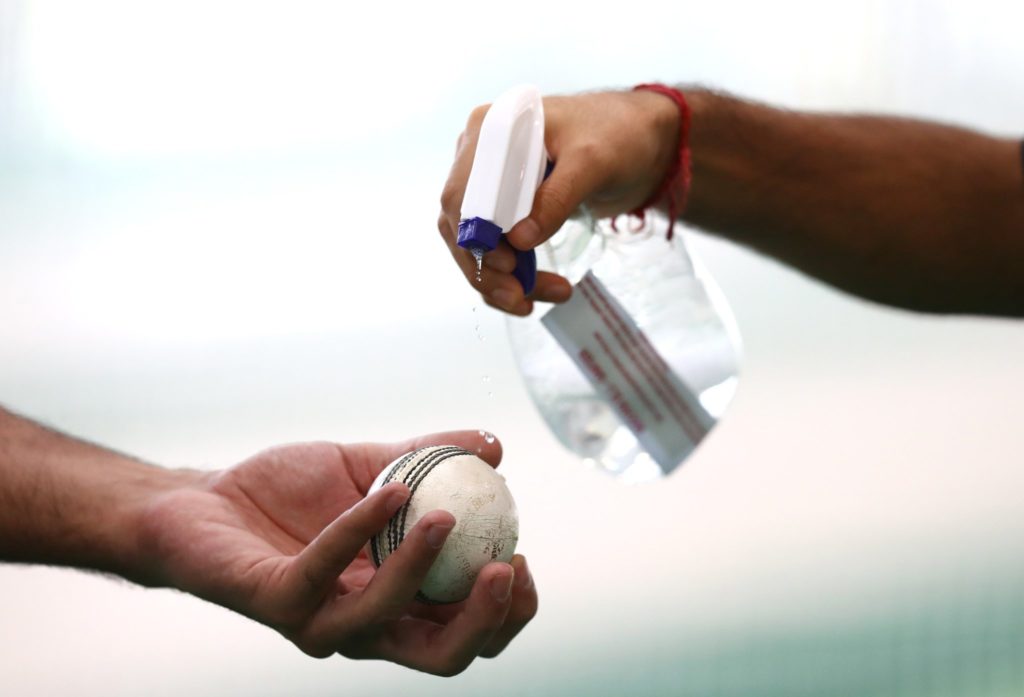Last week the International Cricket Council approved a set of interim changes to its playing regulations. ANDRE HUISAMEN examines the five changes.
The ICC executive committee accepted these changes based on recommendations proposed by the ICC cricket committee due to the outbreak of the Covid-19 pandemic.
These regulations will come into play during the opening Test match between England and the West Indies, which gets under way in three weeks’ time.
No more saliva: The temporary abolishment of the use of saliva on the ball has definitely caused the most debate, with current and former fast-bowlers weighing in on the issue. The ICC has advised to use sweat as an alternative due to the high risk involved with saliva use at the moment.
If a player does apply saliva to the ball, the umpires will manage the situation with some leniency during an initial period of adjustment for the players, but subsequent instances will result in the team receiving a warning.
A team can be issued up to two warnings per innings but repeated use of saliva on the ball will result in a five-run penalty to the batting side. Whenever saliva is applied, umpires will be instructed to clean the ball before play recommences.
Local umpires: Local umpires instead of neutral ones will be temporarily used for international matches because of travelling restrictions enforced across the world. The ICC will be able to appoint locally-based match officials from the Emirates ICC elite panel of match officials and the Emirates ICC international panel of match officials.
Covid-19 replacements: Similar to the new concussion replacements, teams will now be allowed to replace players displaying symptoms of Covid-19 during a Test match and the match referee will approve the nearest like-for-like replacement. This replacement will, however, only be introduced during Test matches and not in the limited-overs formats.
Additional DRS reviews: Each team will now be awarded an additional unsuccessful DRS review in each innings of a Test match. This will increase the number of unsuccessful appeals per innings for each team to three for Tests and two for the white-ball formats.
Saliva not a problem – Pollock
The ICC cricket operations team will support match referees when processing code of conduct breaches, and a neutral elite-panel match referee will conduct any hearing remotely via video link.
Extra logo allowed: For the next 12 months, relaxed rules will apply for the use of apparel logos. A logo, not exceeding 32 square inches in size, may be placed on the chest of the Test-match shirt and sweater in addition to the three other logos allowed as per regulations. As of now, logos on chests are only allowed in ODIs and T20Is.







